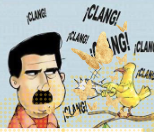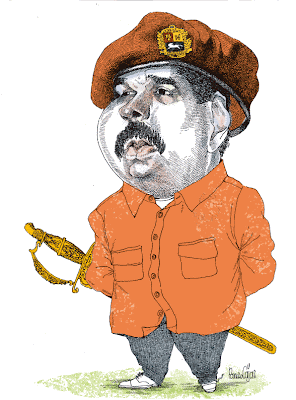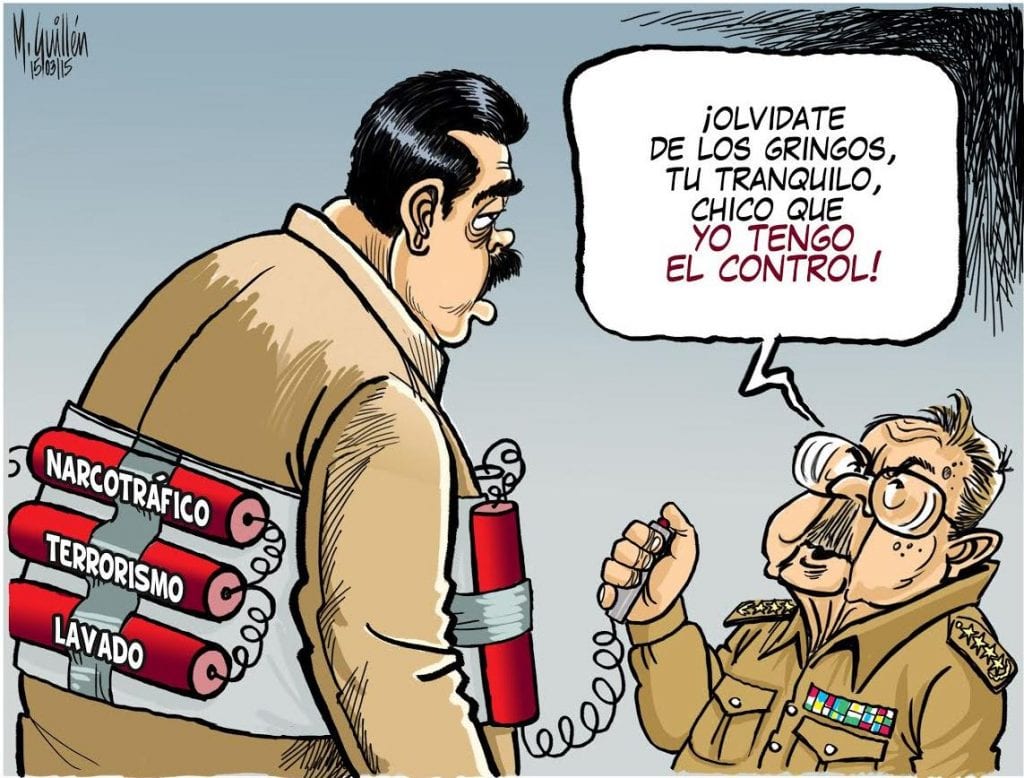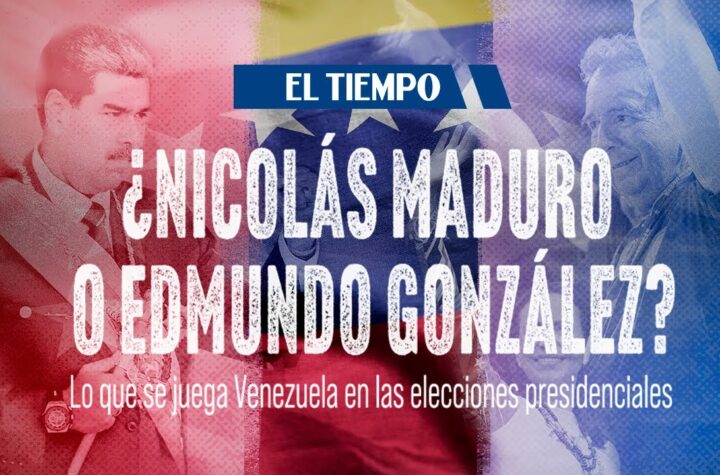
Retrieved
Una de las rutinarias reuniones virtuales del canciller Julio Borges con su equipo de embajadores, se tornó tensa por sus críticas declaraciones sobre Monómeros y CITGO.
Los presentes pidieron explicación al canciller Borges por sus declaraciones, pues en ellas criticaba al propio gobierno, al gobierno interino de Juan Guaidó, que ellos todos representan. Como se sabe Monómeros, empresa afiliada a PDVSA, se declaró en quiebra y fue asumida por el gobierno colombiano por tres meses hasta que presente un plan de recuperación.
En la reunión se le recordó que un Canciller es la voz internacional del presidente, por lo que esta declaración era bastante inapropiada. El embajador Tarre Briceño habló en este sentido.
Los embajadores y cancilleres no pueden hablar en nombre propio o de su partido, como justificó Borges. Ellos son la voz del gobierno que representan. Ellos no felicitan, ni opinan o critican en su nombre o por su cargo, solo en nombre del presidente Guaidó, del que son representantes personales, en especial en el caso de los embajadores.
A pesar de los logros que ha obtenido la nueva cancillería de Guaidó sin duda requiere mucha pulitura en el metier diplomático, eso que da la carrera diplomática y una Cancillería institucionalmente sólida. Por OnVenezuela
Courtesy translation->
One of the routine virtual meetings of the Foreign Minister, Julio Borges, with his team of ambassadors, became tense over his critical statements about Monómeros and CITGO.
Those present asked Foreign Minister Borges an explanation for his statements, since in them, he criticized the government itself, the interim government of Juan Guaidó, which they all represent. As it is known, Monómeros, a company affiliated with PDVSA, declared bankruptcy and was taken over by the Colombian government for three months until it presents a recovery plan.
At the meeting he was reminded that a Chancellor is the international voice of the president, so this statement was quite inappropriate. Ambassador Tarre Briceño spoke in this regard.
Ambassadors and foreign ministers cannot speak on their own behalf or on behalf of their party, as Borges justified. They are the voice of the government they represent. They do not congratulate, or comment or criticize on his or her behalf, only on behalf of President Guaidó, of whom they are personal representatives, especially in the case of ambassadors.
Despite the achievements that the new Guaidó Chancellery has obtained, it undoubtedly requires a lot of polishing in the diplomatic metier, that which it is given by people of diplomatic career and a Institutionally sound Foreign Ministry





More Stories
Venezuela, elecciones entre pajaritos y mariposas
Maduro seeks to bolster military support ahead of next election
¿Qué hará Cuba el 28 de julio?